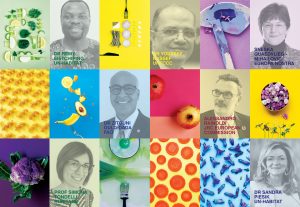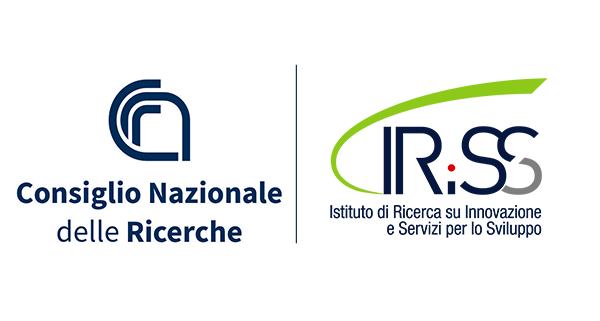UN-HABITAT organised webinars to learn about the COVID-19 pandemic, enhancing post-crisis recovery actions through urban-rural linkages and integrated territorial approaches.
 In the framework of the Urban-Rural Linkages programme of the Un-Habitat, a series of webinar has been organised; the purpose was to exchange information and learn from the efforts of different actors about the COVID-19 pandemic, in order to overcome crisis and enhance post-crisis recovery actions by bringing a focus to urban-rural linkages and integrated territorial approaches.
In the framework of the Urban-Rural Linkages programme of the Un-Habitat, a series of webinar has been organised; the purpose was to exchange information and learn from the efforts of different actors about the COVID-19 pandemic, in order to overcome crisis and enhance post-crisis recovery actions by bringing a focus to urban-rural linkages and integrated territorial approaches.
In particular, on 30th June 2021 the webinar have bought together thought leaders from global and regional agencies to explore Bio-Regional Territorial Approaches to Rural-Urban Integration in Combating Climate Change. The Collective Quest for Resilience.
Globalisation is a broad concept that in the last decades has succeeded in lifting hundreds of millions of people out of poverty, but recently it is being challenged; in particular, the COVID-19 pandemic has strongly demonstrated the limits of the global economy, especially in the unequal distribution of essential goods and supplies.
It is probably impossible to completely deglobalize the economy, but there is evidence that different approaches can help improve socio-economic spatial development, address resilience to combat the impacts of climate change, and provide greater urban-rural integration. Taking the European Union and the Regional Comprehensive Partnership in Asia (ASEAN) as examples, it has been demonstrated how regionalization, explored in 2020 by Schwab and Mallert in the book “COVID-19: The Great Reset”, can be the intermediate solution to a wide range of challenges, improving the socio-economic spatial development, enhancing quality of life, producing greater long-term resilience to combat climate change impacts and providing greater urban-rural integration.
More info


 In the framework of the
In the framework of the 
You must be logged in to post a comment.